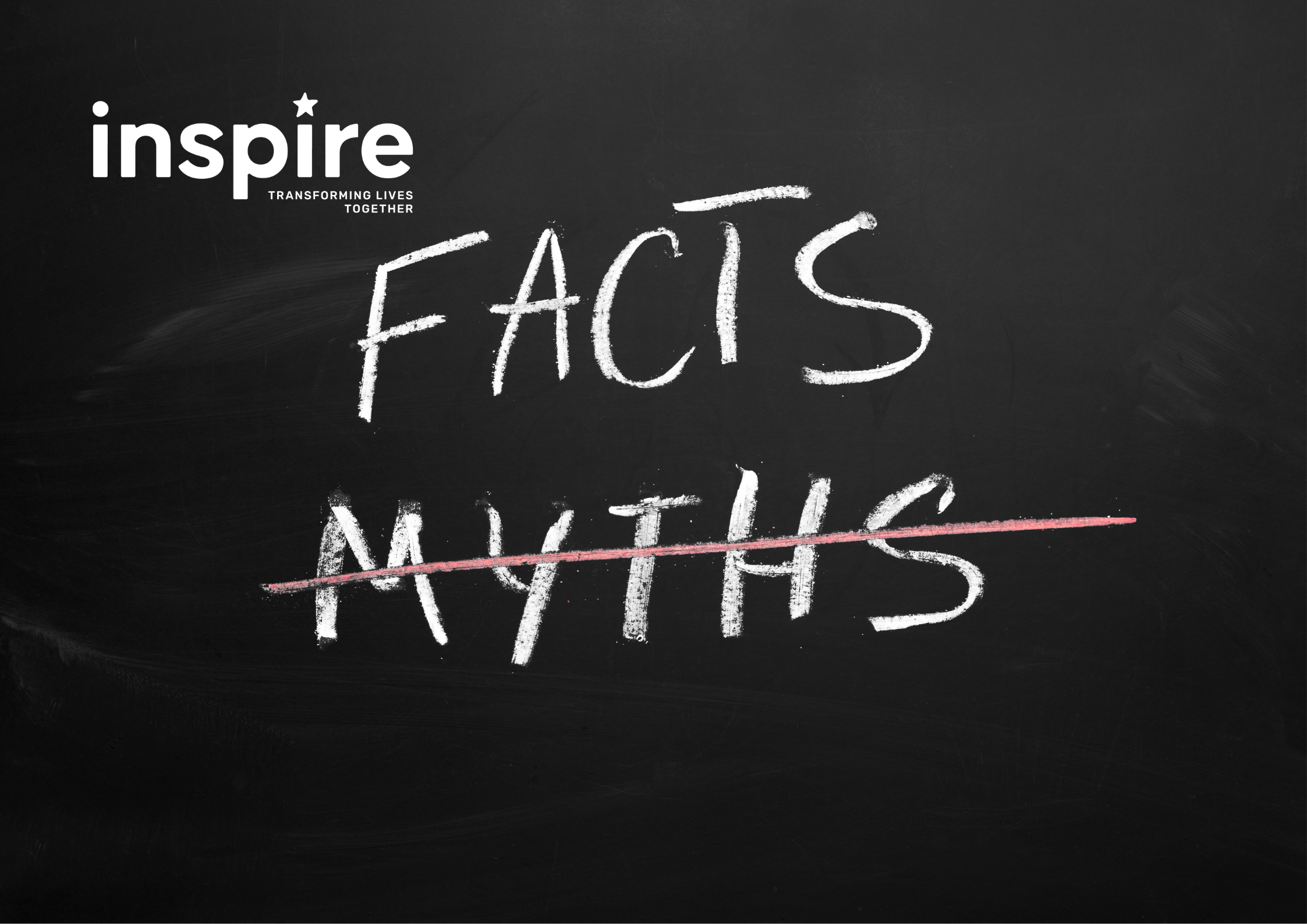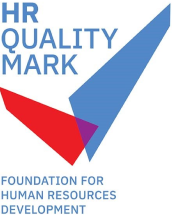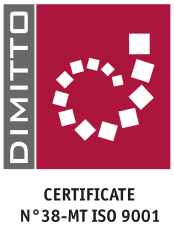
The term autism is used to describe a very wide range of neurodevelopmental presentations. It is not a ‘unitary condition’.
Countless hypotheses have been advanced over the past half-century to find the ’cause’ of autism. In all but a tiny number related to specific underlying medical conditions, such as phenylketonuria (PKU), these have been unfounded or found wanting. There has been a shortage of strategic research, with considerable sums spent on fragmented approaches often dealing with dubious theories relating to causation, such as vaccines, and intervention or ‘treatment’. Dismissed by credible scientific research as irrelevant or unproven, these ideas continue to resurface. This includes vaccines and the use of biomedical approaches such as vitamins. There is no credible link between taking paracetamol in pregnancy and autism.
Large population studies have shown that in many instances, a genetic association with the development of autism offers a more credible explanation. The statement that autism is not found in specific populations, such as the Amish and Cuba, is incorrect. Availability or access to services offering diagnostic assessment is a key factor for prevalence.
There has been no shortage of claims for autism ‘treatments’. Some have been described as ‘miracle cures’. But despite the powerful advocacy that often accompanies such claims, they are not supported by scientific evidence. There may also be commercial, investigator, or other biases involved. The desperation of some families to address immediate problems is understandable and a factor when evaluating the efficacy of interventions. This includes a range of pharmacological, behavioural, and biomedical approaches, some of which, such as Chelation, have been found to be harmful. Biomedical approaches include special diets, additives, and vitamins, including leucovorin, which assumes a folate deficiency. Despite the lack of evidence for its efficacy, such interventions continue to be proposed in some contexts.
The question ‘what causes autism?’ is, therefore, in our view, not a logical question that can be answered. It categorises autism as a unitary medical disorder requiring intervention or treatment to prevent or ‘cure’. Importantly, the question dismisses the concept of what we know of autism as a valuable part of natural neurodiversity, found in all populations.
We would add that narratives framing autism as a pathology or burden are harmful to the reputation and interests of autistic people and their contribution to society. Autistic people are found in all walks of life. They work as doctors, nurses, teachers, police officers, academics, artists, lawyers, actors, IT specialists, politicians, and so on. Autistic people own businesses, employ people, and pay taxes. In short, despite poor awareness and discrimination, autistic people have always played a key role in society.
We believe a better question for policymakers and researchers would be ‘what do we know about autism?’ This would examine the multiple facets of autism, including awareness and responding. It would shine a light on what is true and untrue, helpful or unhelpful, and help to avoid damaging ‘burden’ narratives. This is the mission of Inspire Malta.
This statement has been issued by Richard Mills, Chair of the Research & Innovation Council at Inspire Malta.


